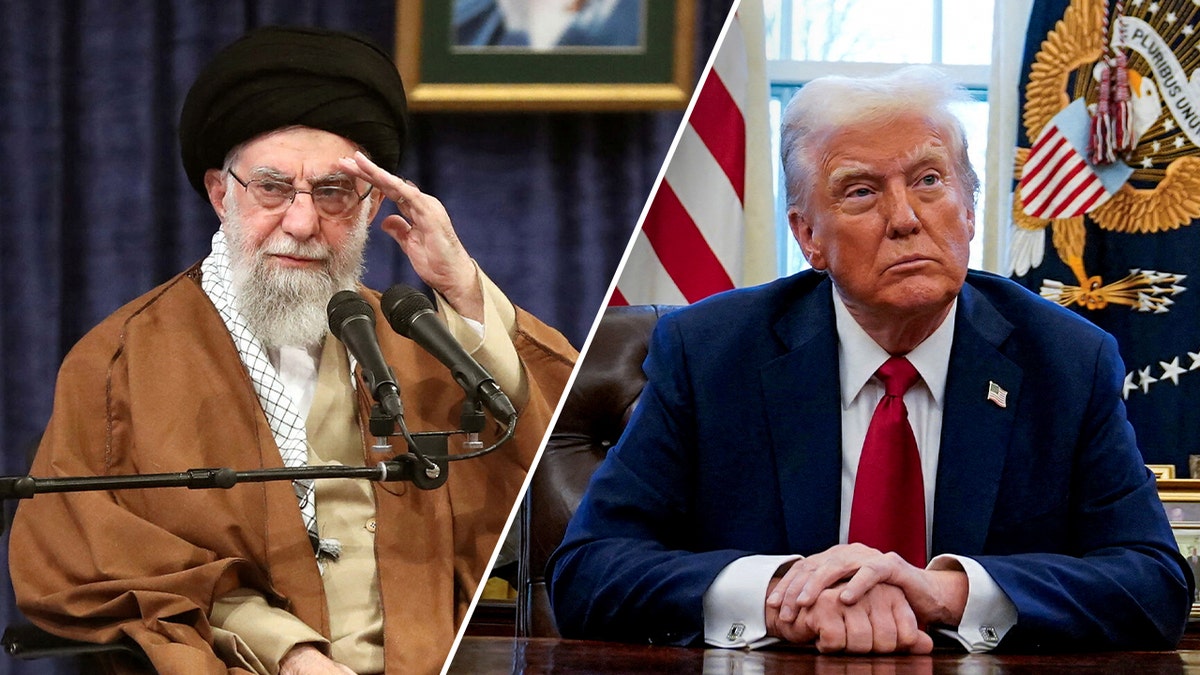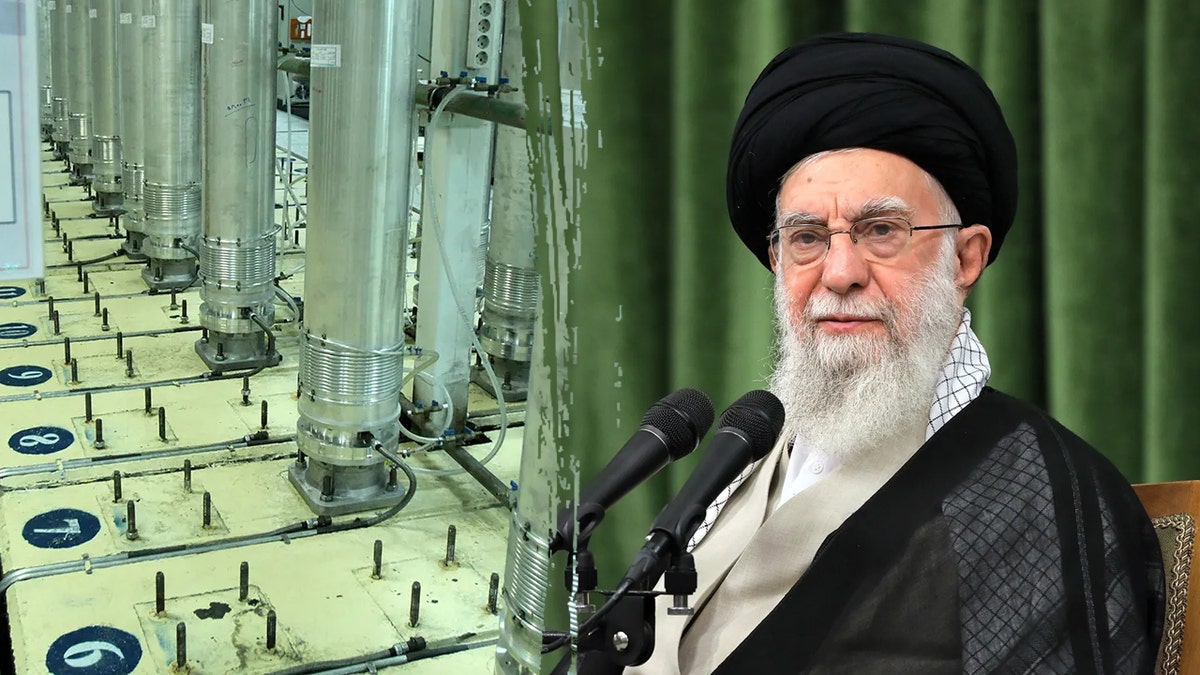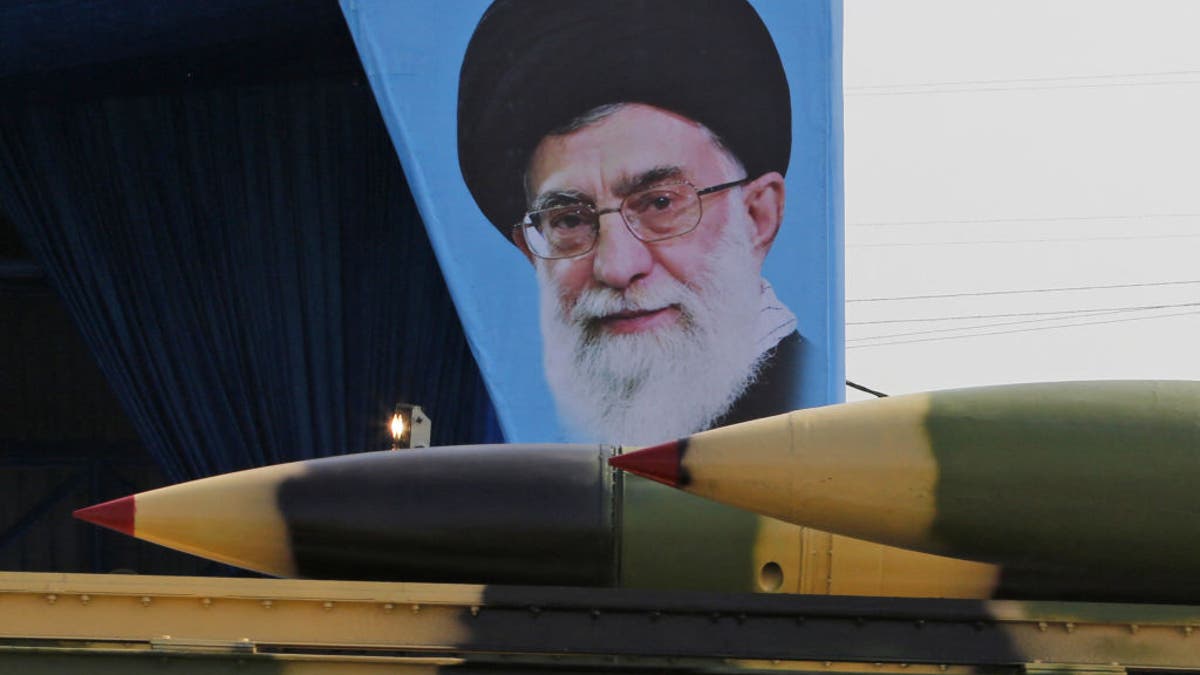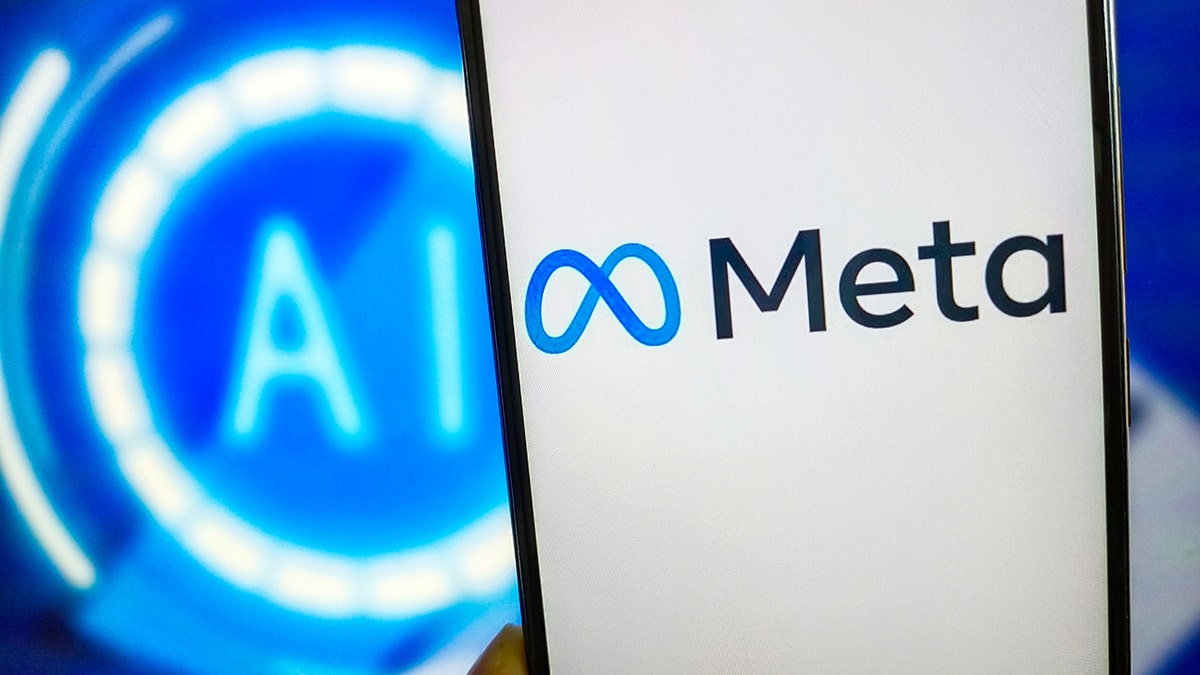Former President Donald Trump warned of Iran's "obliteration" should they be involved in his assassination, escalating tensions between the two nations. This statement followed recent comments by Iran's Supreme Leader, Ayatollah Ali Khamenei, who dismissed the prospect of nuclear talks with the United States, labeling them as unwise and dishonorable.
Khamenei's strong stance appears to contradict his earlier position, expressed in August, where he suggested potential benefits in engaging with the U.S. on the nuclear issue. This shift in tone raises questions about Iran's willingness to negotiate and adds complexity to the already strained relationship.

Amidst this backdrop, Trump proposed a "verified nuclear peace agreement" via his Truth Social platform. He simultaneously refuted reports suggesting a joint U.S.-Israel plan to attack Iran, advocating for a peaceful resolution that would foster Iran's growth and prosperity.
Trump's proposal stands in contrast to his 2018 decision to withdraw from the Joint Comprehensive Plan of Action (JCPOA), or Iran Nuclear Deal. He criticized the agreement, negotiated during the Obama administration, as inadequate in curbing Iran's nuclear ambitions.

Days before suggesting the new peace agreement, Trump signed an executive order increasing pressure on Iran. He also reiterated his stern warning of retaliatory action should Iran attempt to harm him.
Khamenei criticized the U.S. for allegedly not upholding its commitments under the JCPOA, specifically referencing Trump's withdrawal from the agreement. He expressed disappointment that Iran's concessions and compromises during the negotiations did not yield the desired outcomes.
Iran maintains its nuclear program serves peaceful purposes, despite enriching uranium to 60% purity, approaching weapons-grade levels. International concern over Iran's nuclear activities remains high, with the IAEA Director General expressing regret over the lack of diplomatic progress towards de-escalation.

Khamenei also addressed broader geopolitical issues, seemingly referencing Trump's comments on the Israel-Hamas conflict and Gaza, without directly mentioning them. He warned against redrawing global maps without considering the realities on the ground and emphasized Iran's readiness to respond to any threats or actions against its national security.








